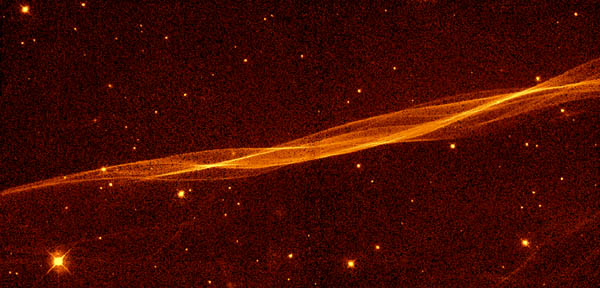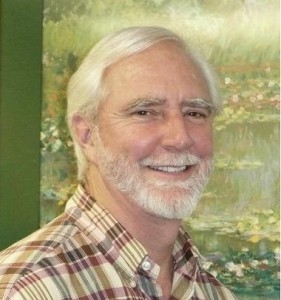Research Areas | Research Activities | Research Grants and Contracts | Invited Research Lectures
Research Activities
Professor Gardner has developed a statistical theory of spectral redundancy for random data from periodic phenomena, which are called cyclostationary processes. Applications include identification of linear and nonlinear time-invariant and multiply-periodic time-variant systems with random excitation as well as detection, classification, estimation and extraction of signals consisting of randomly modulated periodic pulse-train and sine-wave carriers. Research focuses on developing new signal processing theory and methods, including blind adaptive frequency-shift filtering for cochannel interference removal, blind adaptive spatial filtering, super-resolution direction finding and spectral redundancy analysis for signal detection and classification, all for modulated random signals buried in noise and / or severely corrupted by interference. For a comprehensive tutorial on the cyclostationarity paradigm in time-series analysis, see https://cyclostationarity.com/. Also, for a glimpse of the visibility of Professor Gardner’s research publications, see https://scholar.google.com/citations?user=9PAPNfgAAAAJ.
This past work focused primarily on manmade communications systems. More recently, Professor Gardner has focused his attention on application of statistical signal processing to radio astronomy, motivated by a deep interest in the scientific crisis occurring in Astrophysics, where theory gone astray (increasingly inconsistent with collected data) is beginning to be debunked by more careful application of the scientific method to the treasure trove of data that is now streaming in from highly sophisticated space probes and ever-more-powerful electronically focused telescopes on Earth, as well as more informed plasma experimentation in the laboratory.
In parallel with this more recent work, Professor Gardner is contributing to efforts to promote better recognition of the challenge science faces – the human condition- with the hopes that our human shortcomings can be more effectively compensated for in the practice of science. The human mind has created profound technology for scientific experimentation and data collection – amazing engineering feats; but, as the engine of science, the mind seems destined to fits and starts, naturally at odds with objectivity, often clouded by politics and economics, and exhibiting religious-like behavior in which beliefs are not differentiated from proven facts. This mostly unpublicized viewpoint echoes the sentiments of many great scientists from the past who, on the bases of their lasting contributions, we should pay some attention to.

Braided cosmic current sheets glow softly in visible and infrared light along the Cygnus Loop of the Veil Nebula. Image credit: W. P. Blair, R. Sankrit (Johns Hopkins University / NASA)

Aurora Borealis: electric currents from the Sun to Earth’s poles— see outstanding video from 27-28 Feb 2014 at youtube.com





